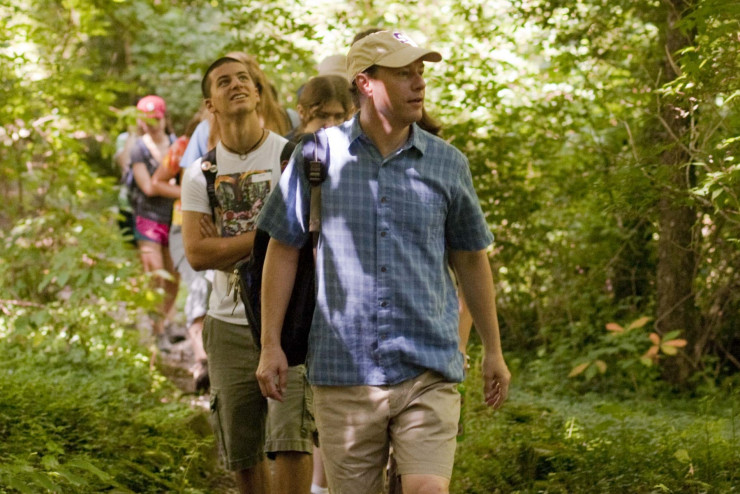
History Courses
Find out more information about courses offered in the History Department.
History involves critical thinking and increased empathy for the human condition. History cultivates an appreciation of complexity and contingency (understanding the world not just for what it became, but also for the multiple possibilities inherent in each historical setting), and the insight that can only be won by thinking over broad timescales. Students of history at Sewanee acquire a skillset of finely honed analytical and rhetorical tools by learning how to read and pose analytical and historiographical questions of diverse and wide-ranging materials, both secondary and primary, and how to write argumentative histories of their own that are supported by a firm evidentiary backing.
For more information about the History Department, please reach out the chair, Dr. Kelly J. Whitmer.

Find out more information about courses offered in the History Department.
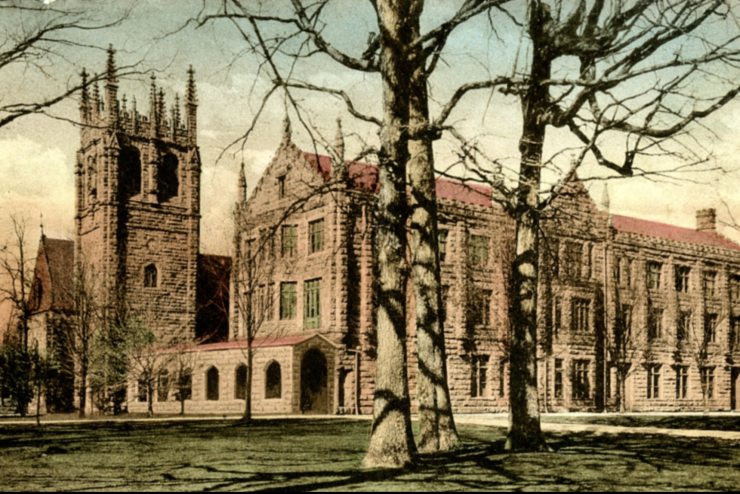
Find out the requirements for History Majors and Minors.
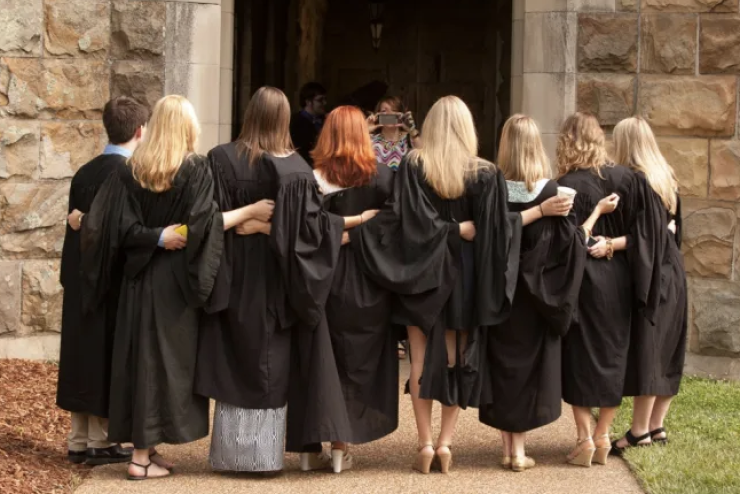
Whether you plan to continue to graduate school or become a community leader, Sewanee prepares you for your profession and your passion.
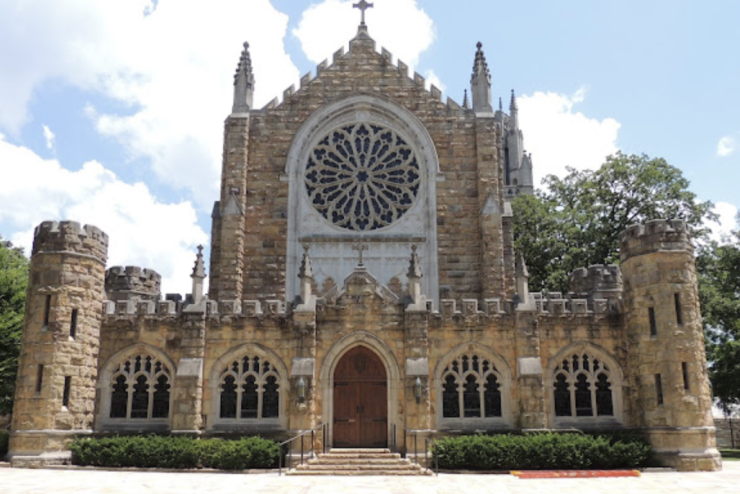
Find out about projects that include our History Department Faculty.
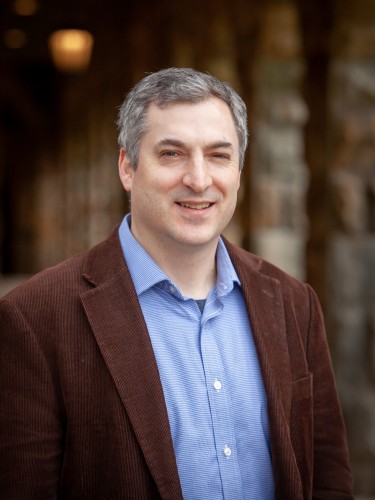
Nicholas E. Roberts received a B.A. in religion from Carleton College, an M.A. in Middle Eastern studies from the University of Chicago, and a Ph.D. in Middle Eastern and Islamic studies/history from New York University. His scholarly interests include the history of European imperialism in the Middle East, the history of Israel/Palestine, modern Islamic movements, and Arab nationalism in the Middle East. He has received several awards including a James D. Kennedy III fellowship from Sewanee and a Fulbright fellowship to conduct research in Israel.
Andrea Mansker is a modern Europeanist who specializes in French and Francophone cultural, intellectual, and gender history. Her research interests include the history of honor, sexuality, and feminism in Third Republic France. Mansker offers courses on European cultural and intellectual history, revolutionary Europe and the Atlantic world, modern France, and the history of women, gender, sexuality, and crime.
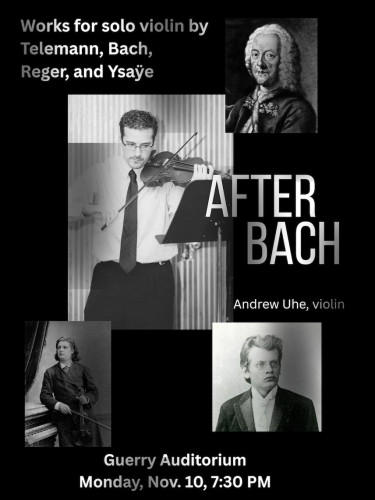
Monday, November 10, 2025
7:30 pm
Guerry Auditorium
Sewanee faculty violinist, Andrew Uhe, presents a program of music for unaccompanied violin in Guerry Auditorium on Monday, November 10, at 7:30 p.m. The program contrasts eighteenth-century works by Bach and Telemann with two Baroque-inspired masterpieces of the early twentieth century: Max Reger’s G Minor Chaconne and Eugène Ysaÿe’s second solo sonata.
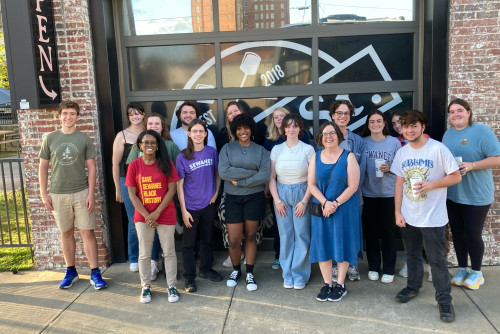

You can support the work of the History Department by reading our research, attending our on-campus events, following us on social media. We welcome your input and involvement, so be in touch!